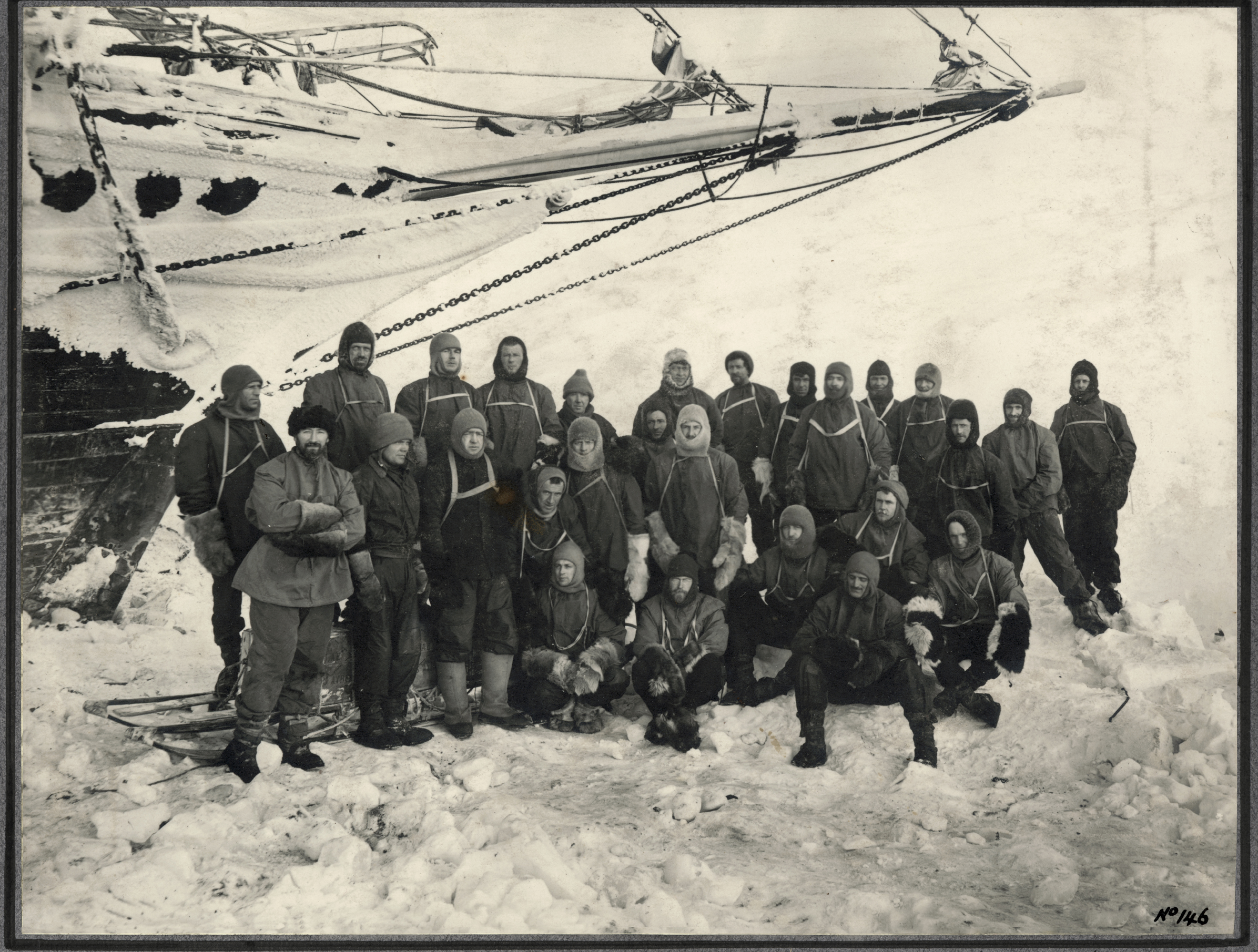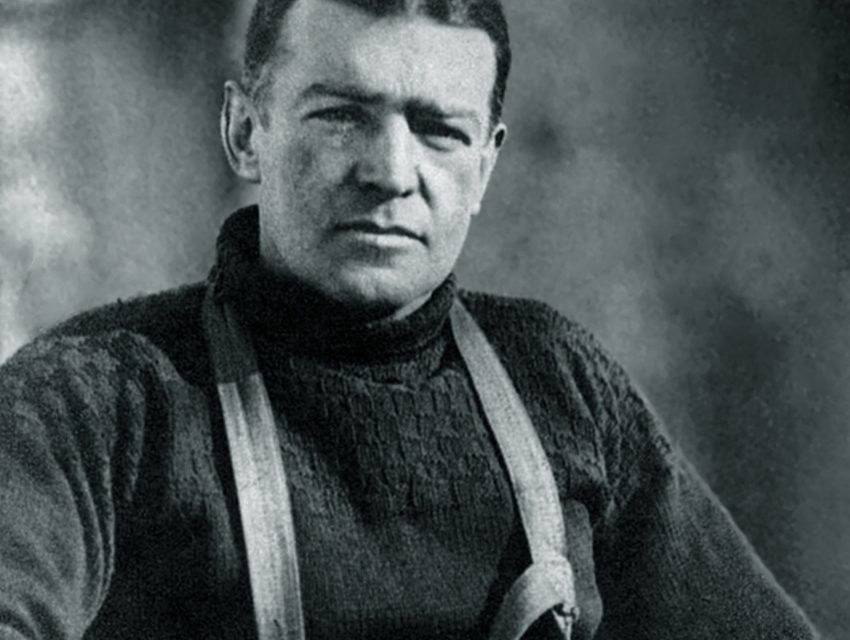A different disaster, the core leadership lessons
I find it instructive to look back and review ‘profiles in courage’ that describe leaders who acted with bravery and integrity in times of crisis. These stories remind me that no matter how bleak things may get we can be blessed with leaders who stand strong, speak the truth, and care deeply about those they lead.
One of the most captivating crisis leadership stories I have ever come across is that of Ernest Shackleton’s ill-fated Antarctic Expedition in 1914. Sir Ernest Shackleton and his crew headed for the South Pole in their ship the Endurance in an attempt to make the first land crossing of the Antarctic continent. They, however, met an untimely end when the ship became trapped by ice just 97 nautical miles from the earth’s most southerly point. Shackleton and his crew became severely ill and eventually abandoned the ship, drifting on sheets of ice for months until they reached Elephant Island, where they were rescued after nearly 2 years. Incredibly, all crew members survived.

Imperial Trans-Antarctic Expedition 1914-17 The crew of 27.
When Shackleton decided to attempt this journey again (he had tried twice before) he advertised for his crew. WANTED: Men for a Hazardous Journey. Small Wages. Bitter Cold. Long Months of Complete Darkness, Constant Danger. Safe Return Doubtful. Honor and Recognition in Case of Success.
Believe it or not, Shackleton had many who applied, and he hired 27 men. He shared in journals that he hired for attitude and trained for skill. To determine attitude, at times he would ask the men, during the interview, to sing a song or do a dance. His goal with this tactic was to determine if the men were optimists or pessimists because he knew the environment would test them. He chose his ensemble very, very carefully.
Their expedition begins in August 1914 just before WW1 begins. Their story has incredible twists and turns, hardships beyond belief, and by the time they were rescued nearly 2 years after they had begun, they were barely alive – but they were alive.
What I want to focus on today is what Shackleton did as a leader to bring his entire crew through this and return them home safely. He had a leadership moment when he realized he was not going to be able to execute on his original goal and had to pivot to a new one: bring my crew home alive.
He writes, “How do I manage the energy of my team as the stakes increase, the situation worsens, and morale plummets?”
From this point forward this is his main focus. Historians share that he did some very specific things that any leader today, managing a crisis, can employ.
- CONFIDENCE: Shackleton showed up every day focused on his mission to get his men home safely. He carried himself with confidence and exuded strength.
- EMPATHY: He is empathetic throughout and demonstrates his care for his men. He takes time to have one-on-one conversations with individuals that touch on what they care about (families, food, books, etc.). When he would see one man struggling, he would order up hot milk for everyone as to not single out the individual who was in pain.
- ROUTINE: He knew that routine was important for stability, so he gave every man a job and created a daily roster to be followed. He imbued a sense of purpose every day.
- TOGETHERNESS: Shackleton was firm that no one would retreat to their cabin or tent after meals. They would spend time together playing games, doing theatrical productions and reading aloud. The camaraderie was key.
- SELF-BELIEF: Shackleton wrote: “My most important resource is my men’s self-belief and the confidence that we will get home safely.” When survivors were interviewed 20 years later and were asked how they survived they said, “Boss (as they called Shackleton) made us each believe we could do it. His faith in us made it possible.”
While we are not trapped in ice during a polar expedition, we are certainly being tested. Original goals are set aside, instability is constant, the future is unknown, nerves are frayed, and our sense of well-being is shaken. This global crisis requires extraordinary leadership to keep teams together and heads in the game. What worked yesterday will not necessarily work today. Consider Shackleton’s lessons and bring your crew through this crisis alive and well.
By
Mari Pat Varga maripat@vargacom.com







